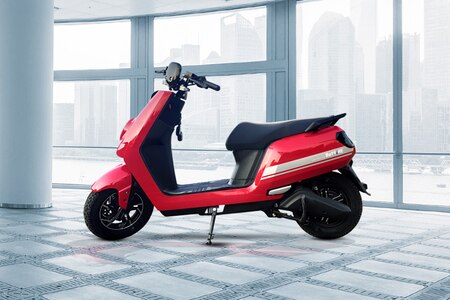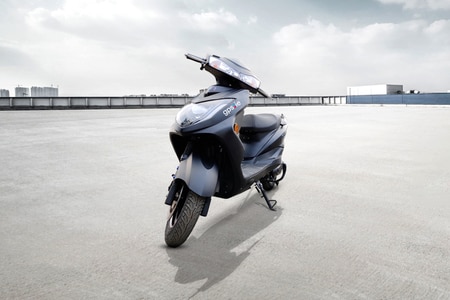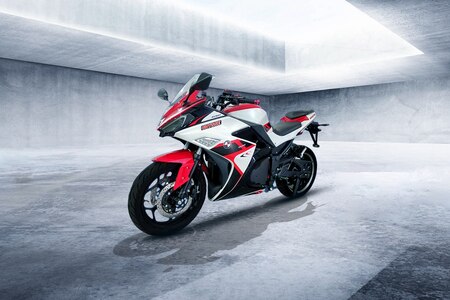Electric vehicles complete 2 crore km on Delhi roads
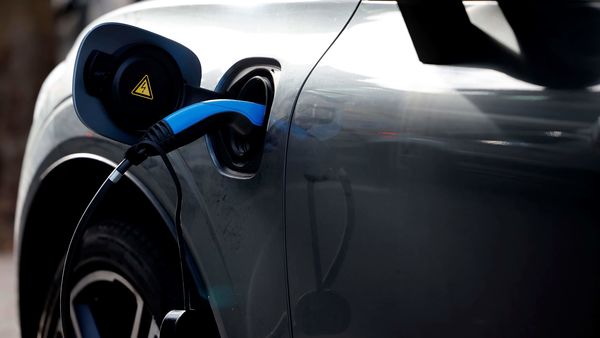

Electric vehicles (EVs) deployed in the national capital on Saturday completed two crore kilometres on the road.
Convergence Energy Services Ltd (CESL), a wholly owned subsidiary of government-owned Energy Efficiency Services Ltd (EESL), said this has resulted in a reduction of 500 kg of particulate matter emissions, contributing significantly to cleaner air and health benefits for the public.
Also check these Bikes
EESL is a joint venture of NTPC Ltd, Power Finance Corporation, REC Ltd and Power Grid Corporation.
Also Read : An inside look at Ather's new factory and its now bigger dreams in EV world
About 3,573 tonnes of carbon emission has been avoided since the deployment of EVs and ₹8.6 crore have been saved in terms of monetary value.
The two crore e-kilometres also contributes to 13.3 lakh litres saving in fuel consumption. A total of 565 CESL EVs are running in the national capital region with more consumers being encouraged to switch to EVs.
There has been a rise of more than 140 per cent year-on-year in sales of electric cars that shows gradual acceptance of the technology among the climate-conscious.
Delhi has become the EV hub of India, accounting for half of the total 'electric-kilometres' in India. The government is the biggest demand generator with most ministries, government companies and other agencies converting at least some part of their fleet into electric.
"This is an important step towards India building out an ecosystem for electric mobility," said Mahua Acharya, Managing Director and CEO of CESL.
Also Read : Clean tech valuations are wildly out of sync with company profit
"CESL is bringing together initiatives to invest in clean energy and clean transportation. With our planned investments in 20,000 electric vehicles, India is expected to save over 6.4 crore litres of fuel every year -- leading to a reduction of over 5.6 lakh tonnes of annual CO2 emissions," she said in a statement.
The adoption of EVs in India is being encouraged by the government with a target to reach 30 per cent by 2030. Nearly 70 per cent of all commercial cars, 30 per cent of private cars, 40 per cent of buses and 80 per cent of two-wheelers and three-wheelers will be electric.
About ₹1,000 crore has been allocated to provide up to 70 per cent capital subsidy for public charging stations. The government has also clarified that setting up charging stations and charging EVs is a delicensed activity -- an important step towards unleashing private enterprise and innovation.
Special tariffs have also been issued by many states. Delhi has a target of 25 per cent EVs for all new vehicle registrations by 2024.







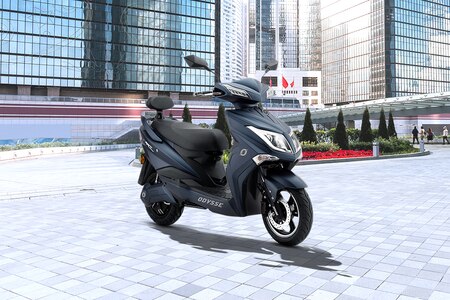
 2.96 kWh
2.96 kWh 170 Km
170 Km
